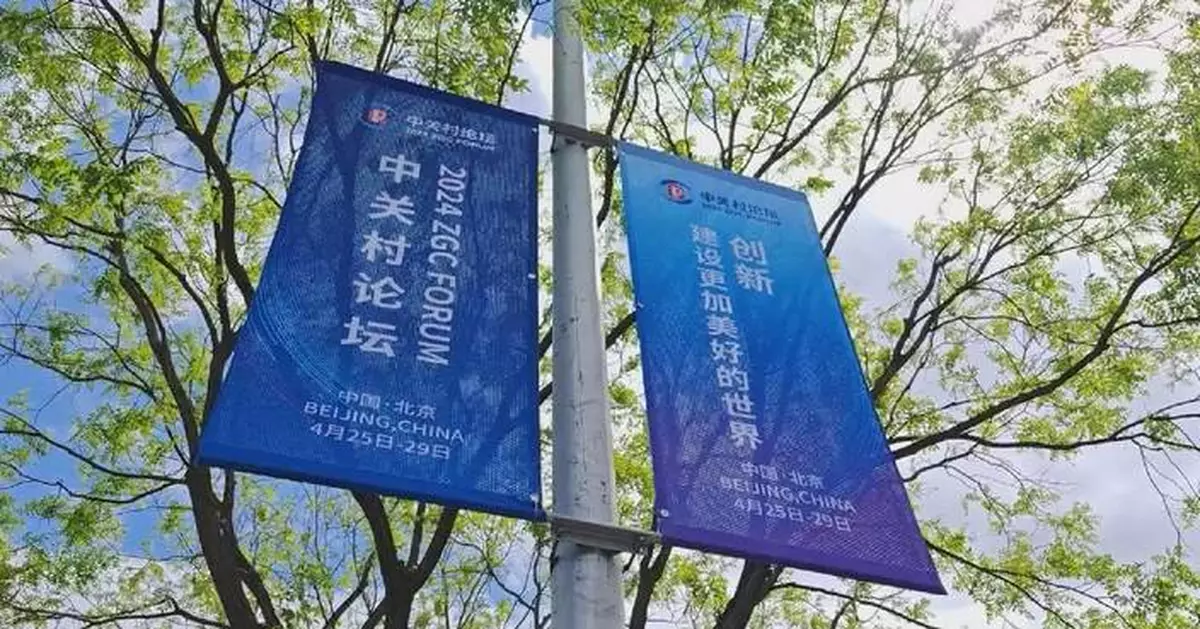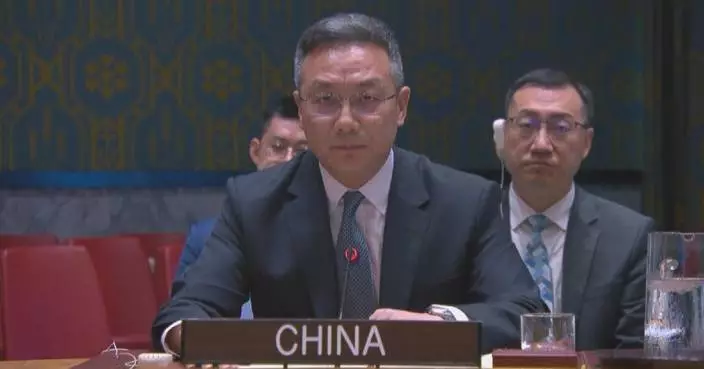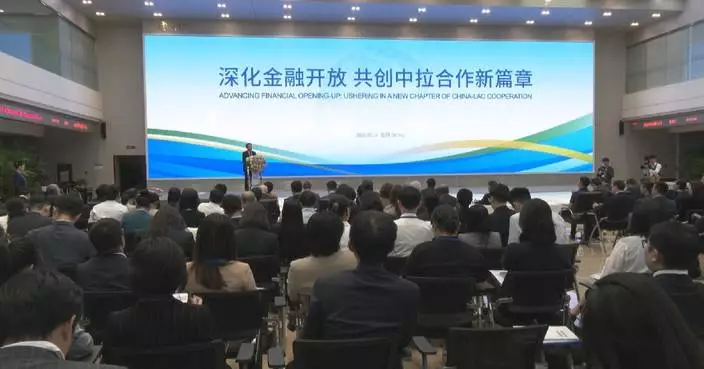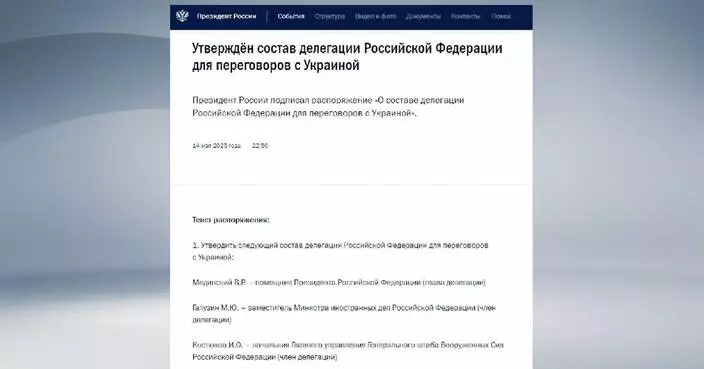The Zhongguancun Forum, which kicked off in Beijing on Thursday, has pooled insightful punditry for multi-pronged frontline sci-tech innovation, echoing its theme of "Innovating for a Better World".
The forum is designated to be a platform for pooling wisdom and sparking ideas with fortified alignment and esteemed guests and speakers, including government officials, industry leaders and renowned academics, shared their insightful visions about the future of technology and entrepreneurship at the opening ceremony.
Many attendees believe that the rapid development and application of artificial intelligence technology are further accelerating technological innovation across various fields.
According to data from the National Bureau of Statistics, China's annual research and development expenditure exceeded 3.3 trillion yuan (about 515.625 billion U.S. dollars) in 2023, marking a year-on-year growth of 8.1 percent.
"Over the past century, the methods, inventions, and research achievements of structural biology have propelled our understanding of life to unprecedented heights. Nowadays, leveraging AI to empower and utilizing vast structural databases for drug design is no longer empty talk," said Yan Ning, an academician from Chinese Academy of Sciences (CAS).
"New technology opens new possibilities for different kinds of science. It's really not many countries that contribute to innovation these days. The Chinese people are more likely to embrace technology and just figure out how to use it," said Piero Scaruffi, founder of Silicon Valley Artificial Intelligence Research Institute (SVAIRI).
Spanning five days from Thursday to Monday, this year's forum will host nearly 120 activities.
The forum will focus on artificial intelligence, life sciences, new materials, carbon peak, carbon neutrality, medical health, clean energy and other fields, and build a trading and sharing platform for more than 3,000 scientific and technological achievements from more than 40 countries and regions.
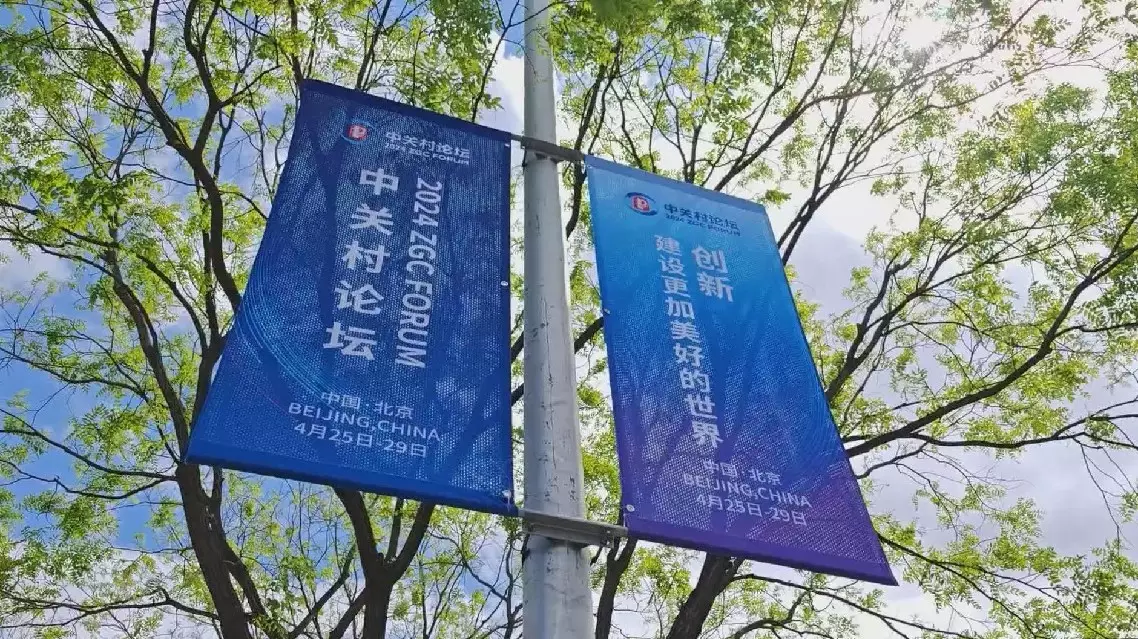
Zhongguancun Forum pools punditry for multi-pronged frontline innovation
May 15 marks the 77th anniversary of Nakba, the massive exodus of Palestinians that occurred in 1948 following the establishment of the state of Israel. Yet decades later, displaced Palestinians in Gaza are facing a worsening humanitarian crisis due to Israel's blockade of goods and supplies.
Israel blocked the entry of goods and supplies into Gaza on March 2, following the end of the first phase of a January ceasefire deal with Hamas. It resumed attacks on Gaza on March 18.
Concerns over Gaza's humanitarian crisis are mounting following Israel's recent declaration that it plans to intensify its ongoing military campaign.
Salem Abu Aqda is 78 years old, whose family fled to Gaza from northern Palestine decades ago. According to Salem Abu Aqda, life in Gaza is now miserable due to severe shortages of daily necessities, but they have nowhere else to go.
"Long time ago, they pushed us out of northern Palestine to the Gaza Strip. Now, Israel is chasing us all the way to Gaza. We are still caught in the midst of war. This is not a war between two states (armies), but they are just killing the helpless civilians who hold nothing but a stick. What's more, Israel has deprived us of basic living necessities. They have shut down the border crossings, leaving us without flour, rice, fish, and meat, absolutely nothing. Where are our human rights?" said Salem Abu Aqda.
Ahmed Hamad is one of the many displaced Palestinians now seeking shelter in overcrowded refugee camps in Gaza.
His family was forced to flee seven times over the past year before finally returning to their home, which, however, was no longer there.
"What we are experiencing now is even worse than the Nakba of 1948. We have suffered massacres, hunger, killing and repeated displacement. Now, the Israeli military urges us to move to the western part of Gaza, claiming it is a safe zone. But the reality is that we are attacked no matter where we go. We fled south to Rafah -- only for it to be bombed. We escaped to Khan Yunis and Deir al-Balah -- only to see them bombed as well. Finally, we returned to Northern Gaza, and it also came under attack. The truth is, we live in a constant state of violence and displacement. Wherever we go, we face attacks. Death surrounds us everywhere," said Ahmed Hamad.
Israel's military campaign in Gaza, launched after Hamas-led attacks on southern Israel on Oct 7, 2023, had so far killed 52,928 Palestinians, Gaza health authorities said on Wednesday.
Humanitarian conditions in the territory have continued to deteriorate, with large-scale destruction, limited access to aid, and worsening shortages of food, water, and medical supplies. Aid agencies have warned that civilians, particularly women and children, are bearing the brunt of the ongoing conflict.

Palestinians face worsening humanitarian crisis due to Israel's blockade of aid into Gaza



